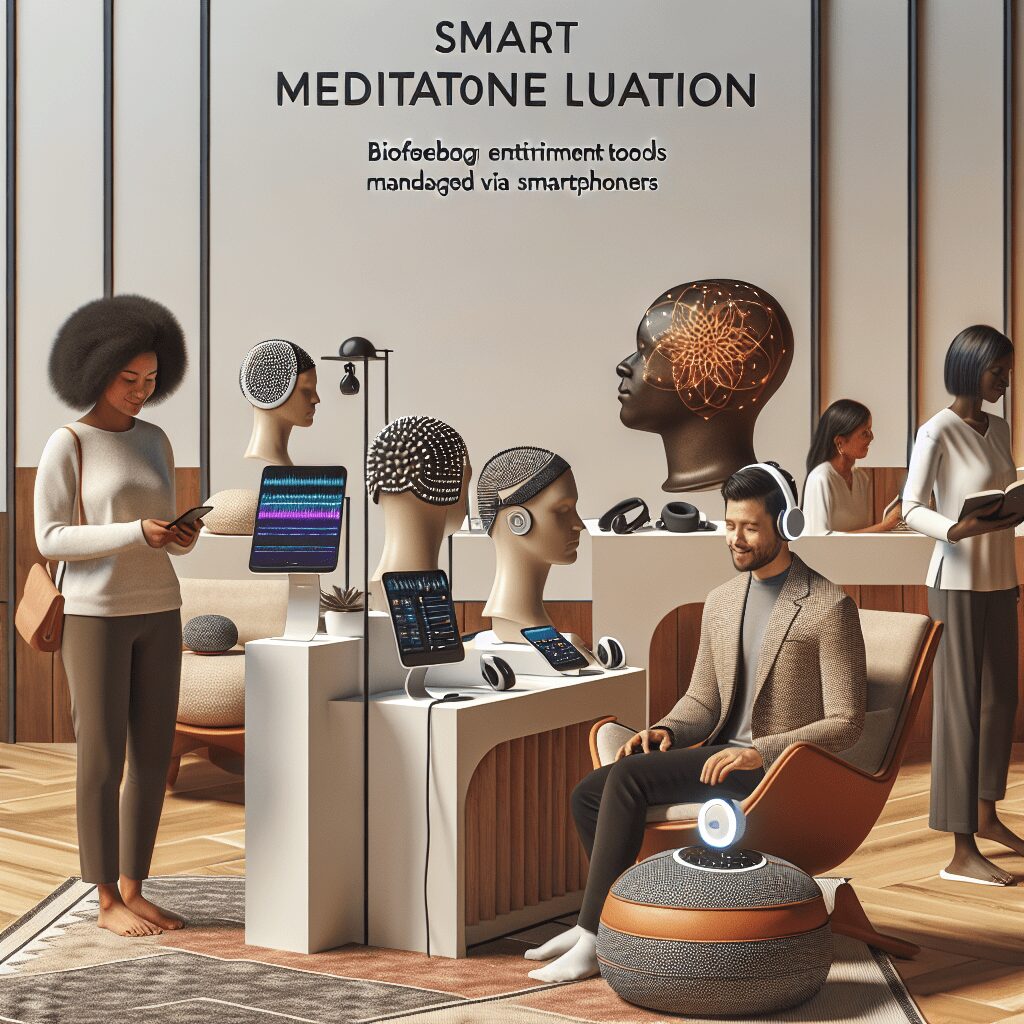
Prioritize your mental well-being daily. Enhance your life by nurturing your mental health with the Smart Meditation app. Break free from stress, alleviate anxiety, and enhance your sleep quality starting today.
How To Control Anxiety Attacks Without Medication?
Harnessing the Power of Self-Help: A Guide to Controlling Anxiety Attacks
Anxiety attacks can feel like an insurmountable obstacle, casting a long shadow over even the simplest daily activities. However, in the scramble to find a solution, many overlook the power of self-help strategies. While medication can indeed be a lifeline for some, others may seek ways to manage their symptoms without it. If you’re searching for non-pharmacological methods to keep your anxiety attacks at bay, you’re in luck. Below, we’ll dive into various effective strategies to help you regain control, no prescription necessary.
Equip Yourself with Knowledge and Skills
First things first, understanding what you’re up against can be half the battle. Anxiety isn’t just a buzzword; it’s a physical and psychological response to perceived threats. By wrapping your head around the nuts and bolts of anxiety, you’re better equipped to tackle it head-on. Now, let’s move on to some practical tips and tricks to help you keep those pesky anxiety attacks in check.
-
Deep Breathing Techniques: Oh, breathe in, breathe out. Sounds cliché? Maybe, but the benefits are anything but. Deep breathing acts as a natural tranquilizer for the nervous system, dialing down the “fight or flight” response that kicks into overdrive during an anxiety attack. Techniques such as the 4-7-8 method can be particularly effective—inhale for 4 seconds, hold your breath for 7 seconds, and exhale slowly for 8 seconds. Rinse and repeat.
-
Stay in the Here and Now: Mindfulness and meditation are not just for the spiritually inclined. These practices anchor you in the present moment, preventing your mind from time-traveling to the past or future scenarios that fuel anxiety. Apps like Headspace or Calm can serve as excellent gateways into the world of mindfulness.
-
Get Moving: Exercise isn’t just good for your biceps; it’s a godsend for your brain too. Physical activity releases endorphins, the body’s feel-good chemicals, which act as natural stress-busters. Whether it’s a brisk walk, a YouTube yoga session, or dancing like nobody’s watching, find something that gets you moving and your heart pumping.
-
Journal Your Journeys: Sometimes, the simple act of transferring thoughts from your mind to paper (or screen) can provide immense relief. Writing about your worries not only helps you process them but also sometimes puts them into perspective. What seemed like an insurmountable mountain might just shrink down to a molehill.
-
A Support Squad: Never underestimate the power of a good chat. Surround yourself with supportive friends or family members who get it. If talking to loved ones feels too daunting, consider joining online communities or support groups where you can share your experiences and strategies anonymously.
-
Dabble in the Arts: Creative outlets like painting, writing, or playing music can serve as therapeutic escapes. They allow you to express yourself in ways words cannot and can be profoundly calming.
Bear in mind, while these tips can provide significant relief, they’re not one-size-fits-all. It’s about experimenting and finding what best suits your unique needs. Additionally, if your anxiety feels overwhelming or persists despite your best efforts, seeking professional help is a sign of strength, not weakness.
The Final Word
In the tapestry of life, anxiety attacks are but a thread. With the right strategies and a dash of persistence, you can weave through them. Remember, taking control of your anxiety is a journey, not a sprint. Celebrate the small victories, be kind to yourself, and most importantly, reach out when you need a helping hand. After all, there’s light at the end of the tunnel, and it shines just for you.





